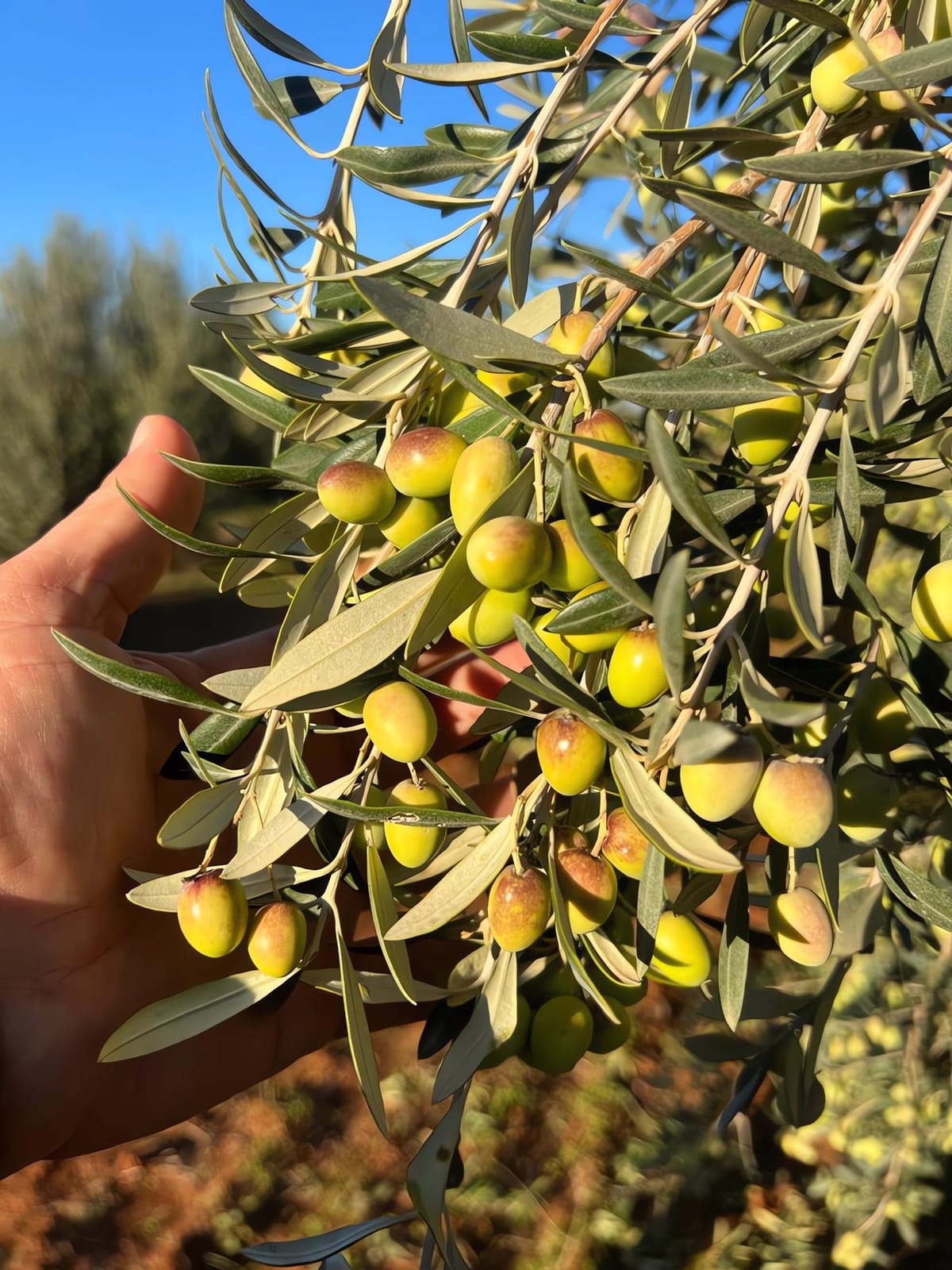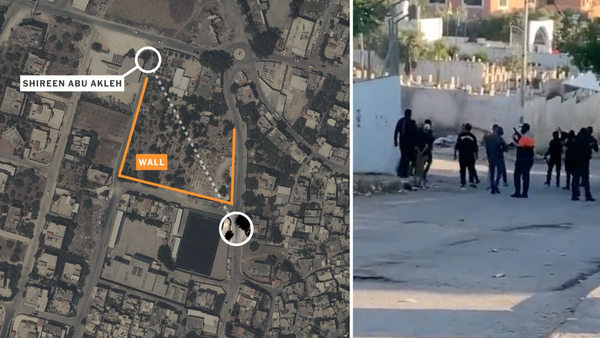Tariffing the Middle East
Why does Trump hate Tunisian olive oil and American allies?

Image: Tunisian olive trees. Why does Trump hate Tunisian olive oil?
The Trump administration’s announcement of randomly massive tarrifs yesterday has battered the global economy, tanked the stock market, and done serious damage to what remained of American global alliances. It’s interesting, though, to look at this from a Middle Eastern perspective — where, despite all the Trumpian chaos, very little has really changed. I think that this is because the Middle East always stood outside the so-called liberal international order, leaving it ironically insulated from its collapse. The tariffs, like the shuttering of USAID before it, are going to disproportionately hurt not only American allies — but precisely the sectors and companies (like Tunisian olive oil) which American development aid has spent years supporting and promoting. Iran, already sanctioned to the hilt, won’t even notice, except for the opportunities about to open up for it (like China) to step in and replace what America has ripped away for no reason whatsoever.
Trump’s policies on the Middle East thus far really have been far more conventional than you probably think (Paul Salem has a similar take on this which is worth reading). He has given a green light for Israel to renew its horrific war on Gaza and accelerate its ethnic cleansing of Palestinians, but that’s really pretty much exactly the same as the Biden administration minus the hand-wringing; his insane plans to expel Palestinians and build resorts on the Gaza coast haven’t gone anywhere. His bombing of Yemen is destructive and pointless, which puts it perfectly in line with every previous administration dating back to at least George W Bush. He has floated both renewed talks on the nuclear issue and massive military action against Iran, but thus far nothing much has happened either way. His plan to visit Saudi Arabia in May might mean that he expects to lock down a normalization agreement between Riyadh and Israel (which would be exactly what Biden tried so pathetically hard to achieve), or it might just mean that he fondly remembers the sword dances and massive bribes last time around. His utter disregard for democracy and human rights in the region is not in any way a departure from Biden.
All of this could change on a dime, of course, given Trump’s instability and the weak, chaotic and inexperienced national security team he’s assembled — and given the increasing likelihood of real crises erupting from the escalating economic pressures on already fragile Middle Eastern states and the strategic openings for rivals created by unpopular, erratic American policies.
The biggest impact Trump has had on the region thus far has been through the utterly unjustified and stupid shuttering of USAID, which instantly cut off vitally needed funds supporting the marginalized and displaced in allied states, as well as support for the few remaining civil society actors still willing to work with the United States after Gaza. Those shutdowns don’t just increase human misery across the Levant and North Africa, they reduce the already strained resilience of these fragile allied regimes and dramatically increase the risk of regime-threatening political instability. The cuts hit state capacity in the Middle East just as they do in the United States. Many of these states — Jordan being the poster child, but not the only example — have outsourced significant sectors of the state to programs backed by international assistance such as USAID. Now they are scrambling to provide essential services, without the intermediate layer of NGOs and civil society organizations which have long been the key service delivery agents. Those needs will either not be met, leading to serious misery and instability, or American rivals such as China or Iran (or the Europeans and Turks, for that matter) who will take advantage of the opportunity to displace American influence.
Which brings us to the tarrifs. Israel got 17%, which must have come as a shock to its lobbyists, and which I’d expect will be one of the first to be rolled back. Jordan got a 20% tarrif — which flies in the face of the free trade agreement it signed with the US back in 2000, and will badly hurt many of the small businesses and entrepreneurial companies that USAID has supported over the years. Tunisia got a baffling 28% tarrif on its minimal exports — which will particularly harm the olive oil and date exports which the US has been actively supporting in recent years. One of the great ironies here, and in other poor MENA countries, is that the tarrifs are likely to kill precisely the small businesses which USAID has worked so hard to help support over decades. The 39% rate imposed on Iraq is more than a slap in the face - the United States should be paying reparations for what it did to Iraq in 2003, not imposing tarrifs on what few exports it sends to America. Iran, already fully sanctioned and isolated from the global economic system, will benefit by comparison as all of its rivals suffer.
One other thing to watch is the price of oil, which declined to $60/barrel and is likely to go lower if global demand collapses amid economic catastrophe. This could have significant implications for the Gulf oil states, each of which has a ‘break-even’ price to support government spending. They have all diversified from oil, of course, and have vast sovereign wealth funds — but if investments held in global markets and real estate collapse in value at the same time as oil prices plummet, all but the richest and smallest will feel the pinch. That could have implications for Saudi Arabia’s Vision 2030 and mega-development projects, and for MBS’s bid to consolidate power. It could also have implications for the willingness of Gulf states to pony up huge sums for the reconstruction of Gaza, Lebanon, Syria, or other regional states so desperately in need of investments - or to come to the assistance of struggling poorer regional states.
Abu Aardvark's MENA Academy is a reader-supported publication. To receive new posts and support my work, consider becoming a free or paid subscriber.



